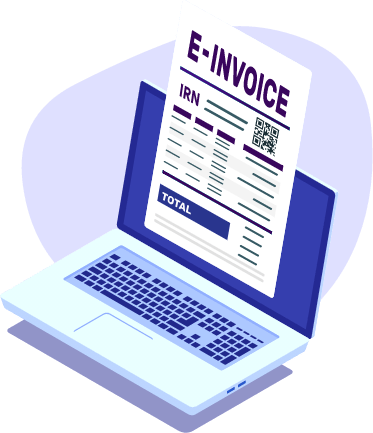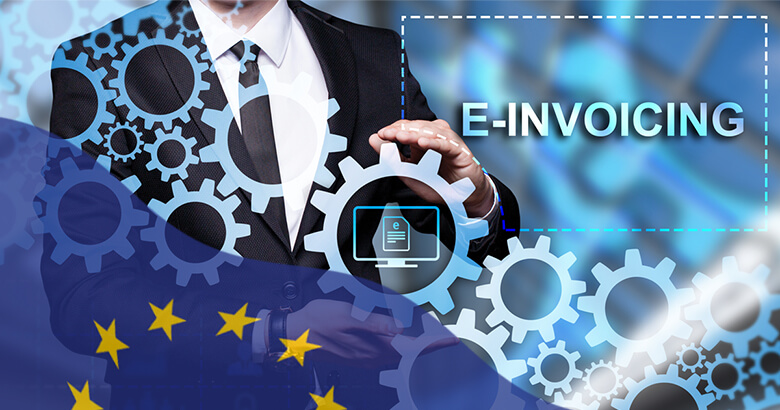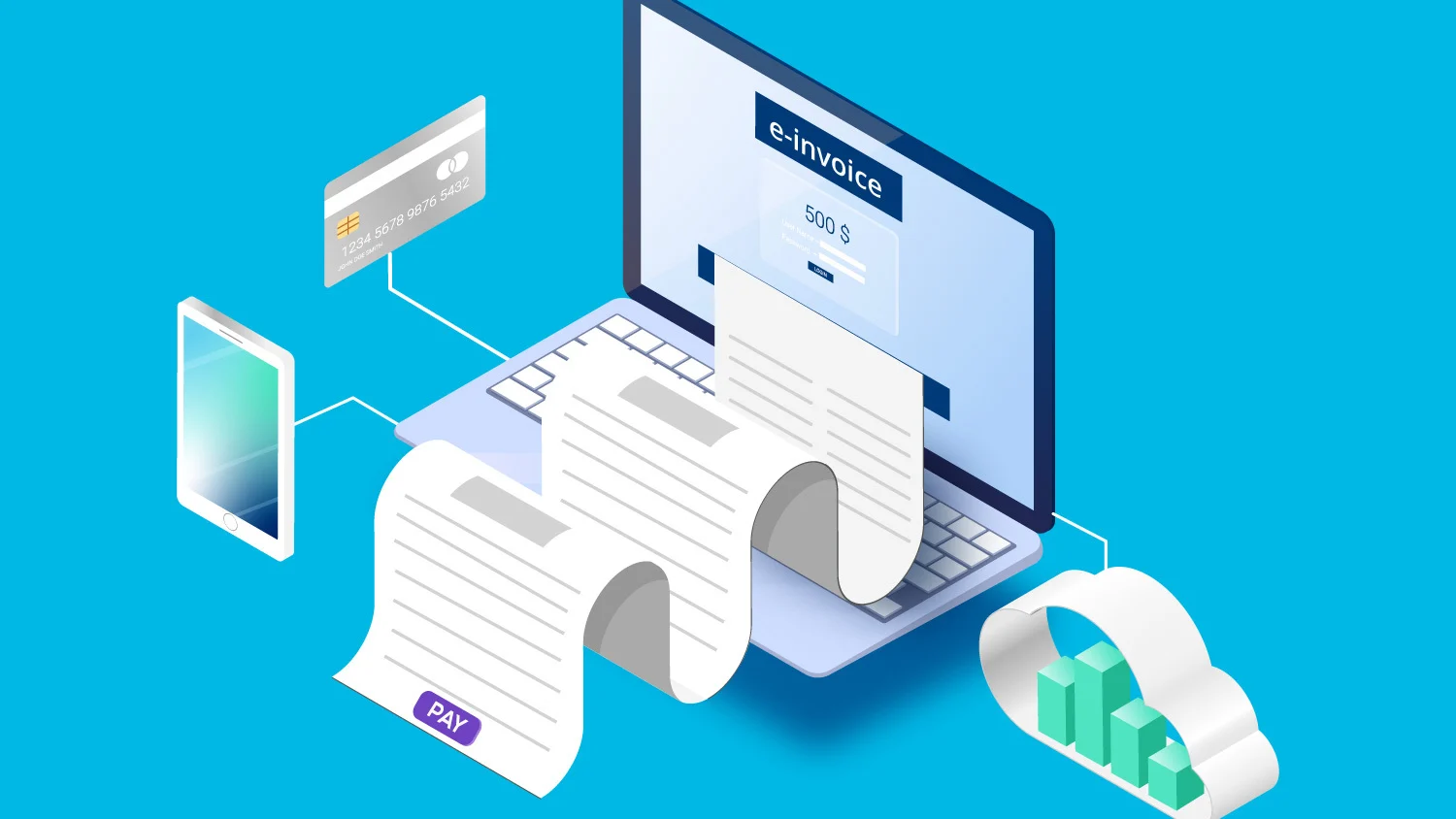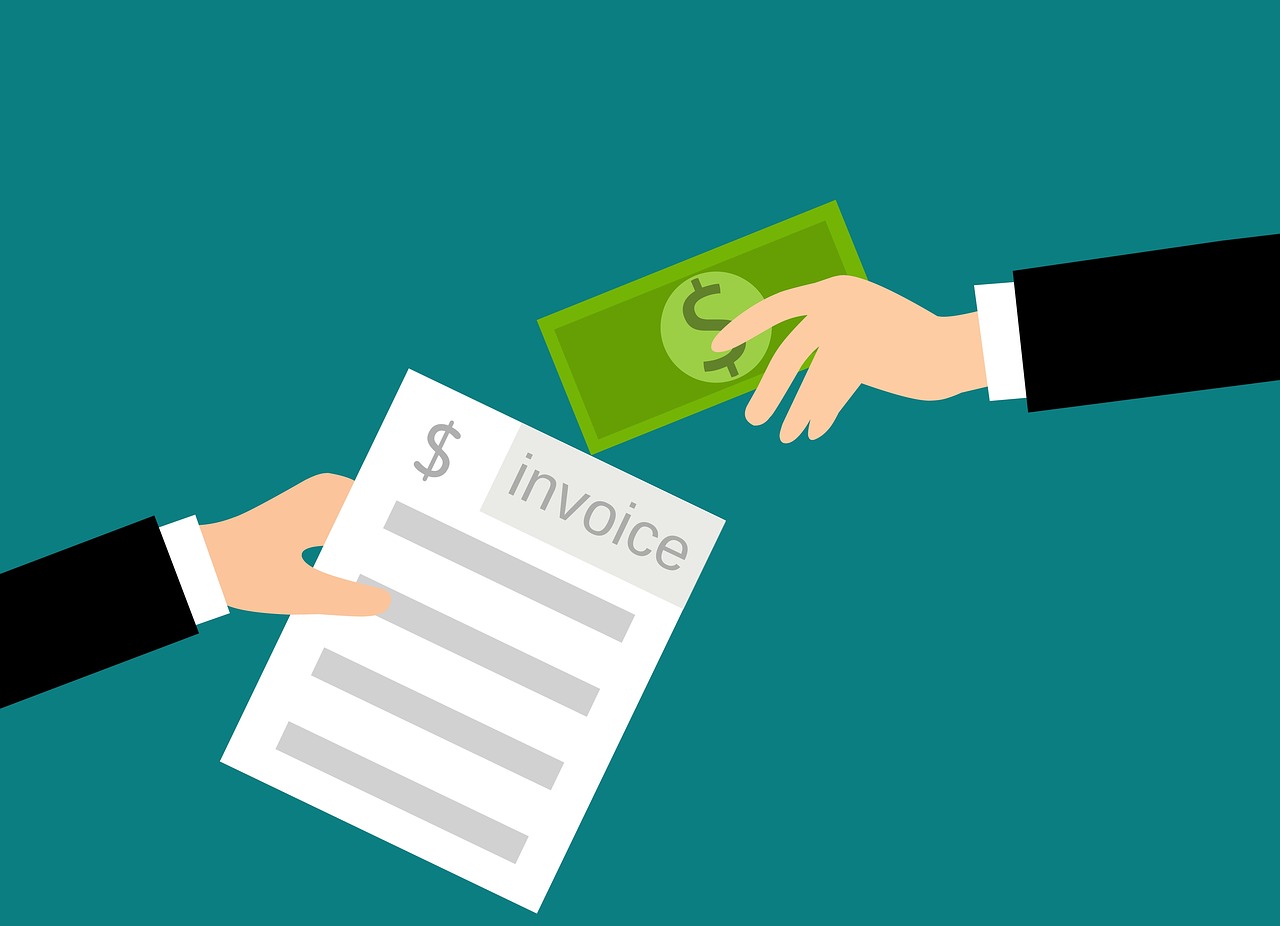E-Invoicing Regulations Around the Country: A Comprehensive Guide
Welcome to our guide about e-invoicing. E-invoicing is a tool many businesses are turning to, and if you’re in the business game, it’s something you should also consider. It saves you time and money and keeps you in line with legal requirements in some places. Check out
the Saldo Invoice to get started.

What Is E-Invoicing?
First off, let’s talk about what e-invoicing is. Simply put, it means sending invoices to customers over the Internet instead of mailing a piece of paper. It’s straightforward but highly effective.
But why should you care about this? If you’re engaged in international business, it’s almost a necessity. Each country often has its own set of rules and regulations concerning invoicing, and being unaware can land you in hot water. It’s important to be informed to avoid issues like fines or other legal problems.
An Overview of the Importance of Regulatory Compliance in E-Invoicing
Failing to comply with the laws can result in big problems while doing things right comes with perks. But what happens if you ignore the rules? Well, it’s not pretty. You could face many setbacks, like legal actions or hefty fines. Not knowing isn’t an excuse that’ll save you here.
- Legal actions: Governments can take you to court, and you’ll have to spend money defending yourself.
- Fines: Breaking the rules often results in financial penalties, which can get steep.
- Reputational damage: Customers might start avoiding you once word gets out that you’re not doing things by the book.
- Complicated audits: Tax audits can become a nightmare if you’re not compliant.

Benefits of being compliant
Now, let’s talk about the good stuff: what you gain by sticking to the rules. The benefits aren’t just about dodging trouble; they can improve your business.
- Smooth operations: When your invoicing is up to snuff, it makes everything from tracking payments to filing taxes a whole lot simpler.
- Avoiding penalties: Following the rules means you won’t get hit with fines or legal actions.
- Easier tax filing: Compliance usually means your records are in good shape, making tax time less hassle.
- Customer trust: People are more likely to do business with you if they know you’re legitimate and above board.
In short, staying compliant isn’t just about avoiding bad stuff; it also sets you up for smoother sailing in the day-to-day running of your business.

Analysis of Different Regulatory Requirements in Different Countries
Let’s talk about how e-invoicing rules can change depending on where you’re doing business, which is especially important for cross-border business activities. The last thing you want is to send an invoice only to find out it doesn’t meet another country’s standards.
- United States: Generally lax on e-invoicing rules, but specific states might have their requirements.
- European Union: Strict rules, often requiring a digital signature and specific formats.
- Australia: Invoices must meet the requirements set by the Australian Taxation Office, including GST information.
- India: Electronic invoices are required for certain types of businesses and must be authenticated by the government’s Invoice Registration Portal.
Check out
Invoice Templates for customizable invoice templates that take into account different country-specific regulations.

Practical Tips on How to Comply with Global Standards and Regulations
Let’s get down to some actionable things you can do to ensure you’re on the right track with e-invoicing. A few smart moves can help you avoid many headaches later on.
Checklist for compliance
A checklist can be a real lifesaver when figuring out if you’re doing everything by the book. Here’s a quick list to help you stay on top of things:
- Know the Laws: Make sure you understand the billing regulations of the country you’re dealing with.
- VAT/GST: If applicable, include Value-Added Tax or Goods and Services Tax information.
- Format: Make sure your e-invoice has all the necessary components, like date, details of goods/services, and payment terms.
- Digital Signature: Some countries require it, so find out if you need one.
- Secure Storage: Keep records of all invoices sent and received for the period required by law.

Regular regulatory updates
Staying current with rules and regulations is not a one-and-done deal. Laws change, and you need to keep up. Periodically check for updates, and consider subscribing to newsletters or alerts that keep you in the loop.
For more in-depth information and templates tailored to various business needs, you might want to check out these resources:
So there you go. A bit of effort upfront can save you from a world of trouble later on. Stay informed, stay tax-compliant, and you’ll be in good shape.
Forecast of Future Regulatory Changes
Last, let’s talk about what might be coming down the pipeline. E-invoicing isn’t static; it’s evolving along with technology and government policies. So what does that mean for you? You should keep an eye out for upcoming changes that could affect your business.
Some areas where we see changes include stricter authentication methods and more standardized formats. There’s also ongoing discussion about making electronic billing mandatory for all businesses in some countries, which could be a big shift. New tax laws could also introduce changes to how VAT or GST is reported on e-invoices.
The main thing to remember is that staying on top of e-invoicing rules is crucial for running a smooth business. These regulations impact you whether you’re a small local shop or a big international corporation. Keep yourself informed, stick to the rules, and you’ll make your business life a whole lot easier.
Elizabeth Cherepyna
Product Manager, she is analytic of the behavior of users in the application, communicates with them, to better understand what we need to improve, and sets tasks for her team.
Learn more










